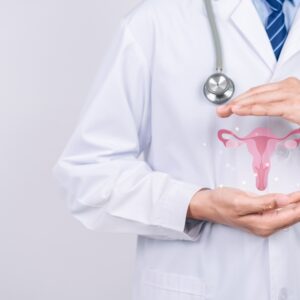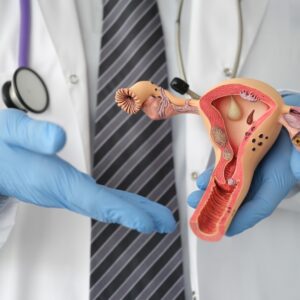Overview
Breast cancer screening is an essential component of women’s healthcare, aimed at detecting breast cancer at an early stage when it is most treatable. This proactive approach involves various tests and examinations to identify cancerous changes in breast tissue before symptoms appear, thereby improving the chances of successful treatment and survival. Regular breast cancer screening is crucial for early detection and effective management of the disease.
Importance of Breast Cancer Screening
Breast cancer screening plays a critical role in reducing mortality rates by catching cancer early. It allows healthcare providers to detect breast cancer at its most treatable stages, often before any noticeable symptoms occur. Early detection through screening can lead to more treatment options, less aggressive therapies, and better outcomes. It also helps raise awareness about breast health and encourages women to participate in regular screenings.
Procedure
Breast cancer screening typically involves the following methods:
- Mammography: A low-dose X-ray of the breast used to detect abnormal growths or changes in breast tissue. It is the most common and effective screening tool for breast cancer.
- Clinical Breast Exam (CBE): A physical examination performed by a healthcare provider to check for lumps or other changes in the breast.
- Breast Self-Exam (BSE): A self-conducted exam where women check their own breasts for any changes or abnormalities.
- Magnetic Resonance Imaging (MRI): Used for women at high risk for breast cancer, MRI provides detailed images of breast tissue and can detect abnormalities that mammography might miss.
- Ultrasound: Often used alongside mammography to further investigate suspicious areas, particularly in women with dense breast tissue.
Benefits of Breast Cancer Screening
Breast cancer screening offers numerous benefits, including:
- Early Detection: Identifies cancer before symptoms develop, when it is most treatable.
- Reduced Mortality: Early-stage cancer detection significantly improves survival rates.
- Less Aggressive Treatment: Early detection often allows for less invasive treatment options.
- Increased Awareness: Encourages women to be proactive about their breast health and understand their risk factors.
Conditions Addressed in Breast Cancer Screening
Breast cancer screening primarily addresses the early detection of breast cancer, including:
- Ductal Carcinoma in Situ (DCIS): A non-invasive cancer where abnormal cells are found in the lining of a breast duct but have not spread.
- Invasive Breast Cancer: Cancer that has spread from the ducts or glands to other parts of the breast.
- Other Abnormalities: Identifies benign breast conditions that might require further investigation.
Recovery and Follow-up
Recovery from breast cancer screening procedures is typically immediate, as they are non-invasive. However, follow-up is crucial if abnormalities are detected. This may include additional imaging, biopsy procedures, or referral to a specialist. Regular screening schedules are recommended, often annually or biennially, depending on individual risk factors and healthcare provider recommendations.
Risks and Considerations
While breast cancer screening is generally safe, there are some risks and considerations:
- False Positives/Negatives: Mammograms can sometimes yield false-positive or false-negative results, leading to unnecessary anxiety or missed diagnoses.
- Radiation Exposure: Mammography involves a small amount of radiation exposure, but the benefits generally outweigh the risks.
- Overdiagnosis: Screening might detect slow-growing cancers that may not have caused harm during a woman’s lifetime.
It is important to discuss the potential risks and benefits with a healthcare professional to make informed decisions about screening.
Preparation and Evaluation
Before undergoing breast cancer screening, patients should:
- Medical History Review: Provide a detailed medical and family history, especially any history of breast cancer or related conditions.
- Previous Screening Records: Bring records of prior mammograms or breast exams for comparison.
- Medication List: Inform the healthcare provider of any medications, supplements, or hormone therapies being taken.
- Breast Awareness: Be familiar with their own breast tissue and report any changes or concerns to their healthcare provider.
Individualized Approach
Breast cancer screening is tailored to each woman’s specific needs, risk factors, and health history. Healthcare providers develop a personalized screening plan based on factors such as age, family history, genetic predisposition, and overall health. This individualized approach ensures that each woman receives the most appropriate and effective screening regimen, promoting early detection and optimal health outcomes.





